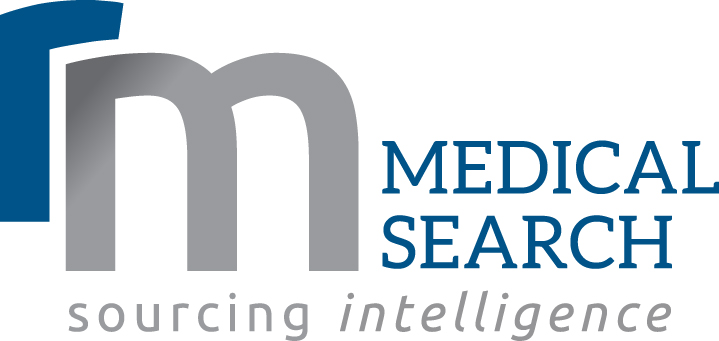Gastroenterology is a discipline that is continuously evolving. From advances in medical technology, new treatment for disease, and even how gastroenterology practices are run, today’s gastroenterology industry looks quite different from that even just a short while ago. In this article we’ll explore some of the factors that are shaping the industry both today and in the future.
Covid effects on the gastrointestinal symptoms
Although the majority of patients with coronavirus disease 2019 (COVID-19) have respiratory symptoms, gastrointestinal symptoms have been reported in a subset of patients. The most common gastrointestinal manifestations are diarrhea and nausea, but new onset abdominal pain and constipation have also been reported. Gastrointestinal manifestations may be the only presenting features of COVID-19 or may be present in combination with respiratory symptoms. In the absence of a gold standard test for COVID-19, these patients can present a diagnostic challenge for gastroenterologists and require an interdisciplinary approach including careful evaluation of patient history, physical examination, endoscopy, and imaging.
How will artificial intelligence change Gastroenterology
There has been a lot of excitement surrounding the potential of artificial intelligence (AI) in the health care sector. What is the potential impact on gastroenterologists?
Some of these developments are not as far away from clinical practice as you might think. In fact, AI-powered endoscopy is already here.
In March 2018, Olympus Medical Systems Corporation received U.S. Food and Drug Administration clearance for an AI-enabled endoscope. The scope could detect dysplasia on its own by using machine learning to assess images captured during routine colonoscopies.
While this has not yet been implemented in current clinical practice, the technology has the potential to help detect more precancerous polyps and reduce unnecessary biopsies. If this technology becomes widely used, it could be a big step toward improving colorectal cancer screening rates within our specialty.
Merger and Acquisition Activity
A leading indicator of the merger and acquisition activity in gastroenterology is the number of practices that have been acquired or merged over the past two years.
According to Becker’s ASC Review, gastroenterology private equity acquisitions grew 28% in 2021. In 2017, nearly one-third of GI practices were acquired by hospitals or health systems. From 2016 to 2018, more than 1,500 practices underwent some type of merger or acquisition.
The forces driving these mergers and acquisitions are similar across all medical specialties: declining reimbursements combined with a shift toward value-based care and risk-sharing models. Smaller and mid-size GI practices are especially at risk because they lack the financial and human resources needed to support an infrastructure to manage risk contracts. This is fueling consolidation within specialty practices as well as hospital acquisition of physician groups.
What’s next?
Gastroenterology continues to be at the forefront of medicine and evolving medical technology. The trends that we are seeing in the discipline are those of continual advancement in both the medical as well as business aspects.
RM Medical Search has partnered with dozens of gastroenterology practices over the last two decades to help find and place top tier physicians. If you are in search of gastroenterologists for your practice please contact kzeller@rm-med.com today.

